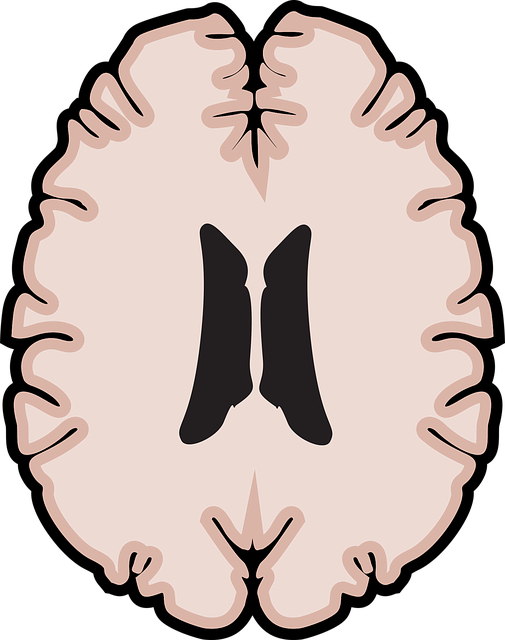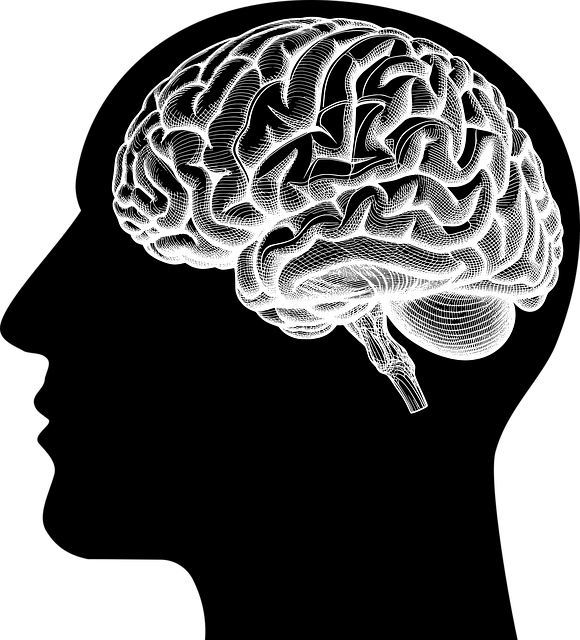Mindfulness meditation is a powerful tool within Lakewood Autism Spectrum Disorder Therapy, helping individuals manage sensory complexities and emotional nuances by cultivating present-moment awareness. This practice enhances self-understanding, emotional resilience, and overall well-being, reducing anxiety and improving quality of life. A peaceful environment and consistent daily routine are essential for effective mindfulness, with benefits extending to interactions in healthcare settings like Mental Health Policy Analysis and Advocacy. Various techniques, such as mindfulness breathing and compassion cultivation, help clients develop self-regulation and emotional awareness, boosting emotional intelligence and promoting a balanced life. Overcoming challenges through realistic goals and tracking progress is key, while regular mood assessments provide insights into mental health improvements facilitated by Lakewood Autism Spectrum Disorder Therapy's emphasis on a supportive environment.
“Unwind and embrace peace with mindfulness meditation, tailored for individuals on the autism spectrum. This comprehensive guide offers a transformative journey towards self-awareness and calmness. We explore how mindfulness can be a powerful tool in managing sensory sensitivities and anxiety often associated with ASD. Learn to prepare your sanctuary, establish a consistent routine, and discover diverse techniques. Overcome challenges and track your progress as you navigate this rewarding practice. Embrace the benefits of mindfulness meditation, specifically designed for Lakewood Autism Spectrum Disorder Therapy.”
- Understanding Mindfulness Meditation for Individuals with Autism Spectrum Disorder (ASD)
- Preparing Your Environment and Establishing a Routine
- Techniques and Exercises for Effective Mindfulness Practice
- Overcoming Challenges and Tracking Progress in Your Meditation Journey
Understanding Mindfulness Meditation for Individuals with Autism Spectrum Disorder (ASD)

Mindfulness meditation offers a unique and valuable tool for individuals with Autism Spectrum Disorder (ASD), providing a way to navigate and manage the sensory complexities and emotional nuances that often come with autism. This ancient practice encourages a present-moment awareness, helping ASD individuals develop a deeper sense of self-understanding and regulation. In the context of Lakewood Autism Spectrum Disorder Therapy, mindfulness meditation is increasingly recognized as a beneficial complement to traditional therapeutic approaches.
By incorporating compassion cultivation practices and self-care techniques into their routine, individuals with ASD can enhance their emotional resilience and overall well-being. Mindfulness meditation supports mood management by teaching individuals to observe and accept their emotions without judgment. This cultivates a sense of calm and allows for more effective coping strategies, thereby improving quality of life. Through regular practice, mindfulness meditation empowers those with ASD to better navigate social interactions, reduce anxiety, and foster a greater sense of inner peace.
Preparing Your Environment and Establishing a Routine

Creating a peaceful and supportive environment is key to establishing an effective mindfulness meditation practice. Consider setting aside a specific area in your home dedicated to relaxation, free from distractions. This space should be comfortable and inviting, with soft lighting and perhaps some calming scents like lavender to foster a sense of tranquility. In the context of Lakewood Autism Spectrum Disorder Therapy, creating such a haven can be especially beneficial for individuals on the spectrum, offering them a sanctuary to practice self-care.
Establishing a consistent routine is another vital aspect. Choose a time each day that works best for you and stick to it. Whether it’s first thing in the morning or before bed, making meditation a regular part of your schedule promotes mental clarity and emotional balance. Remember, Self-Care Practices are not one-size-fits-all, so listen to your body and adapt your routine accordingly. This dedication to mindfulness can even positively impact your interactions with Healthcare Provider Cultural Competency Training, Mental Health Policy Analysis and Advocacy efforts, as a well-centered mind is better equipped to engage in these important discussions.
Techniques and Exercises for Effective Mindfulness Practice

Mindfulness meditation involves various techniques and exercises designed to cultivate present-moment awareness and emotional intelligence. One effective practice is mindfulness breathing, where individuals focus on the sensation of air flowing in and out of their bodies, helping them stay grounded in the here and now. This simple yet profound exercise can be particularly beneficial for those with Lakewood Autism Spectrum Disorder Therapy clients, as it teaches self-regulation and emotional awareness.
Another powerful tool is compassion cultivation practices, encouraging individuals to cultivate feelings of kindness and understanding towards themselves and others. This involves mindful reflection on one’s thoughts and emotions without judgment, fostering a sense of inner peace and connection. By integrating these techniques into their daily routines, individuals can enhance their mindfulness meditation skills, improve emotional intelligence, and lead more balanced and fulfilling lives.
Overcoming Challenges and Tracking Progress in Your Meditation Journey

Overcoming Challenges is an integral part of your mindfulness meditation journey. It’s common to encounter obstacles like a wandering mind or physical discomfort during practice. Instead of getting discouraged, view these as opportunities for growth. Remember, mindfulness isn’t about achieving perfection; it’s about cultivating present-moment awareness and compassion towards yourself. Embrace the process and use techniques like deep breathing exercises to recenter your focus.
Tracking your progress can be motivating. Start by setting realistic goals tailored to your needs, whether managing stress levels or improving concentration. Incorporate Mind Over Matter principles into your daily routine, focusing on mindfulness techniques that resonate with you. Regularly assess your mood and how meditation influences it—this could reveal valuable insights into your mental health and the effectiveness of empathy-building strategies you employ alongside your practice.
Mindfulness meditation, tailored to individuals with Autism Spectrum Disorder (ASD), offers a transformative journey towards self-awareness and calm. By creating a supportive environment, establishing routines, and employing effective techniques, one can navigate the challenges and reap the benefits of this practice. Whether guided by professionals at Lakewood Autism Spectrum Disorder Therapy or independently explored, mindfulness becomes a powerful tool to enhance well-being and foster a deeper connection with oneself.













